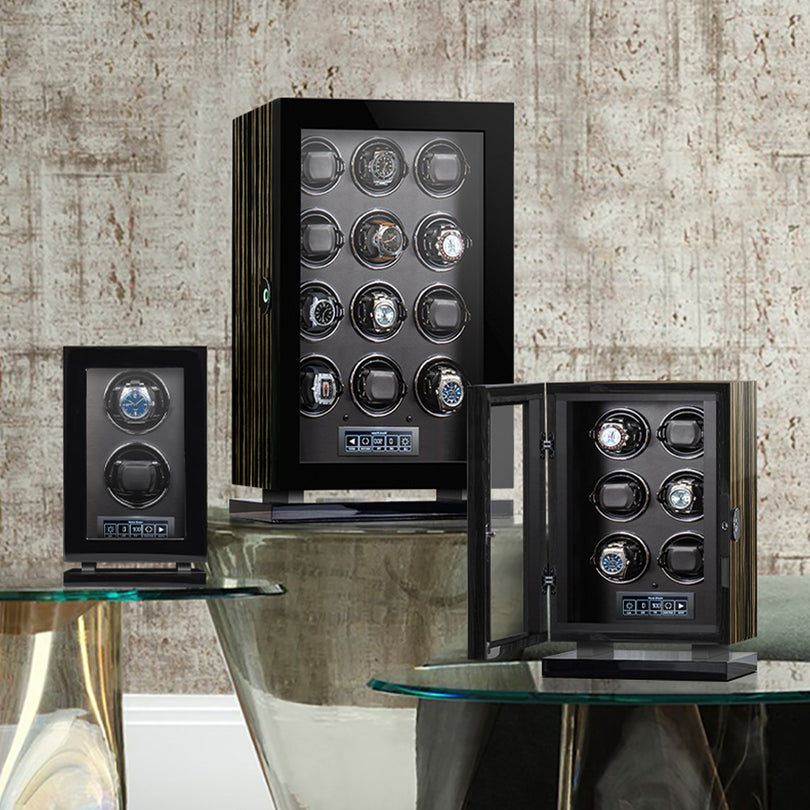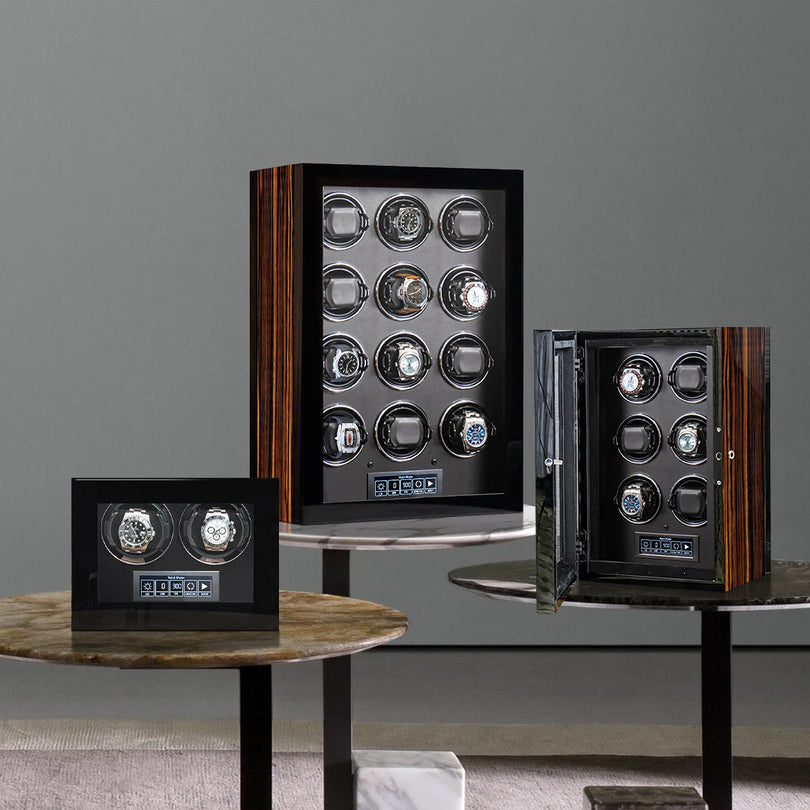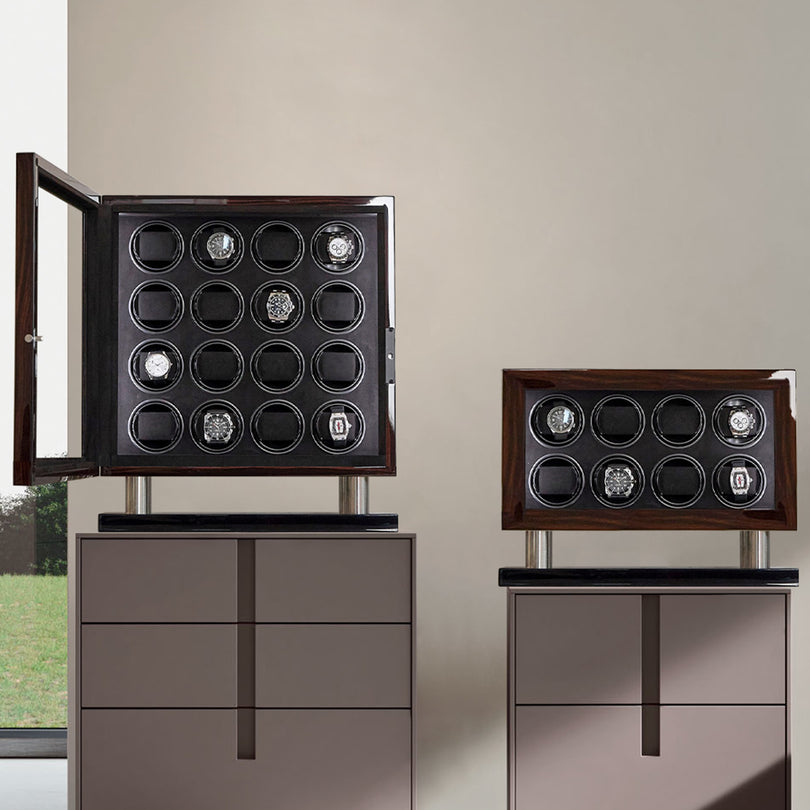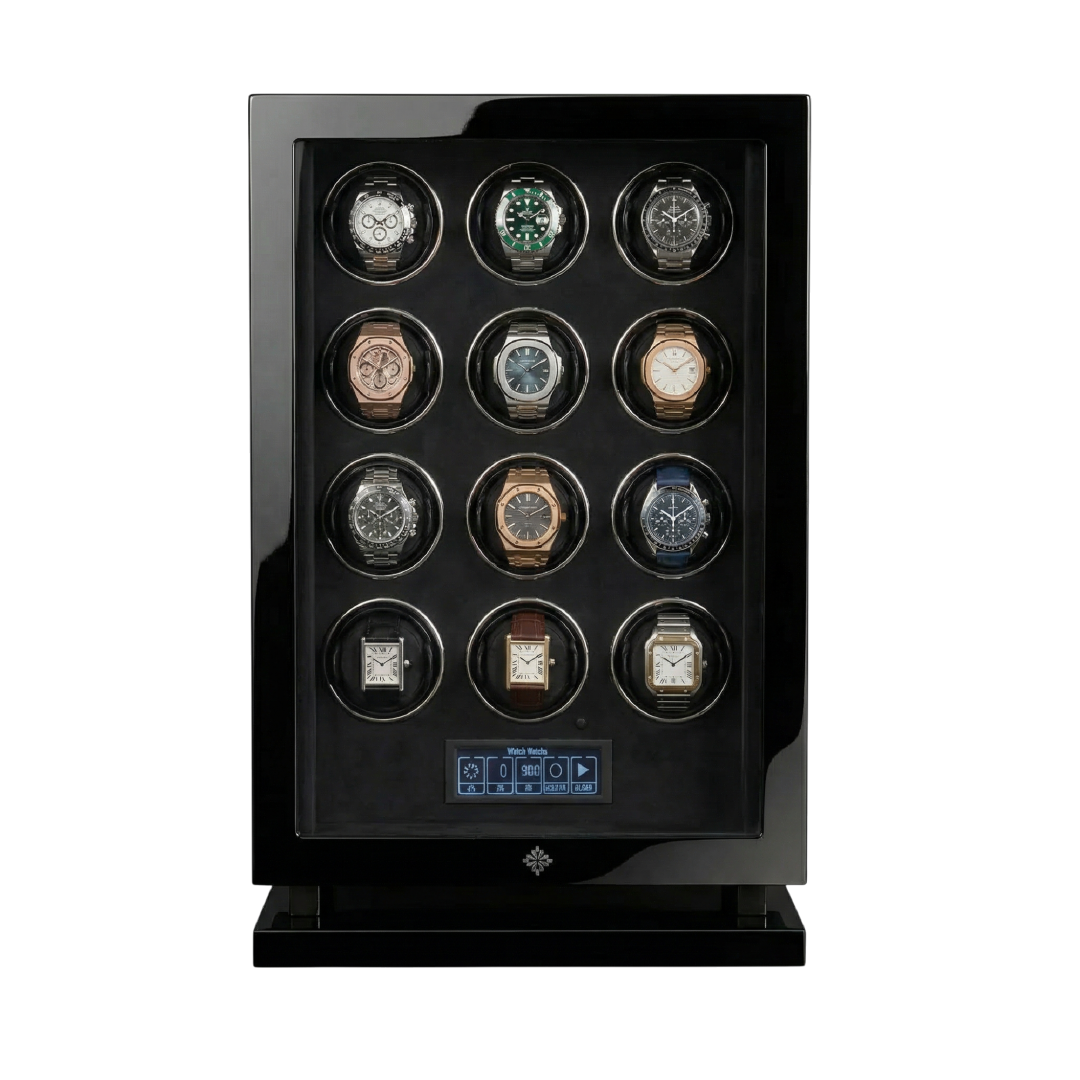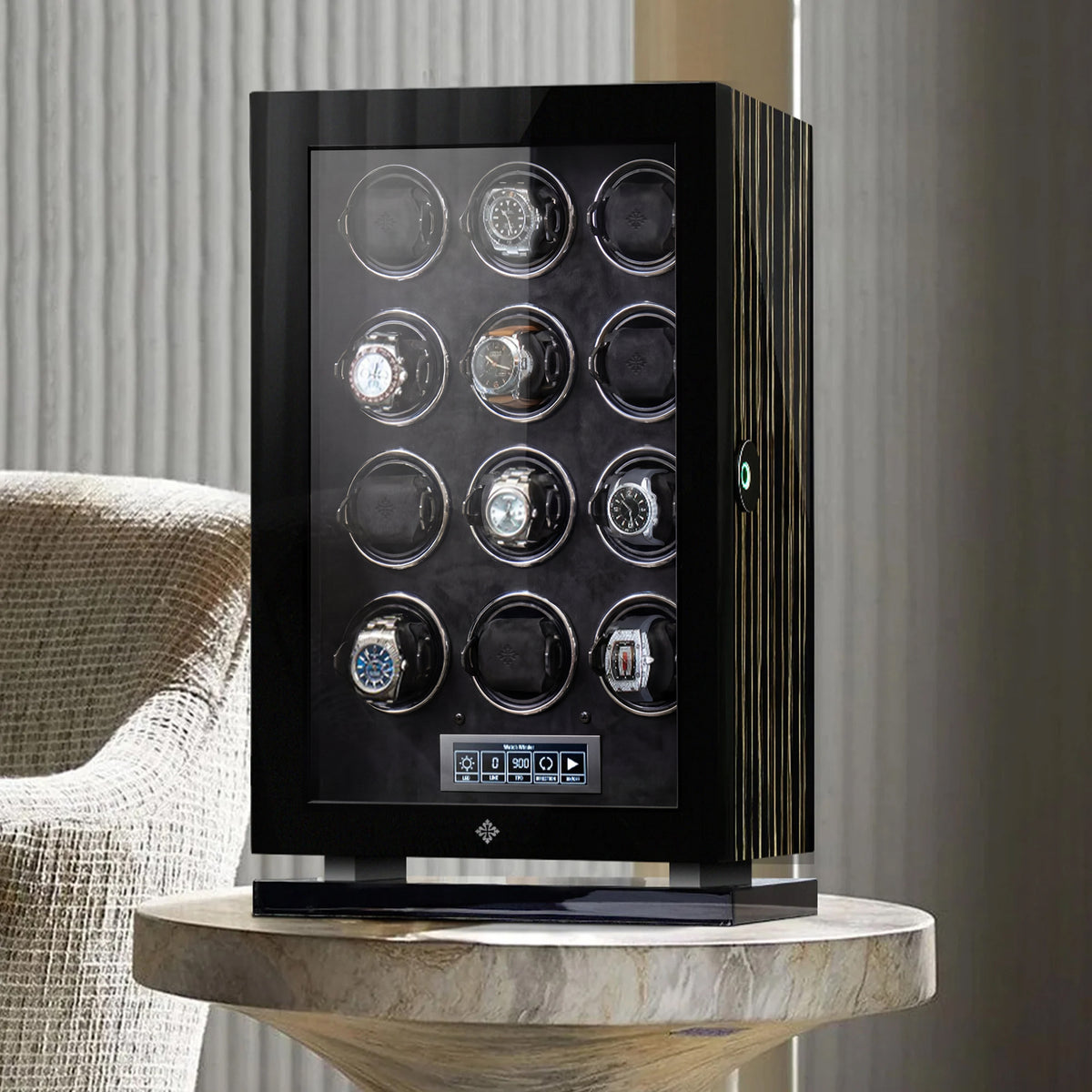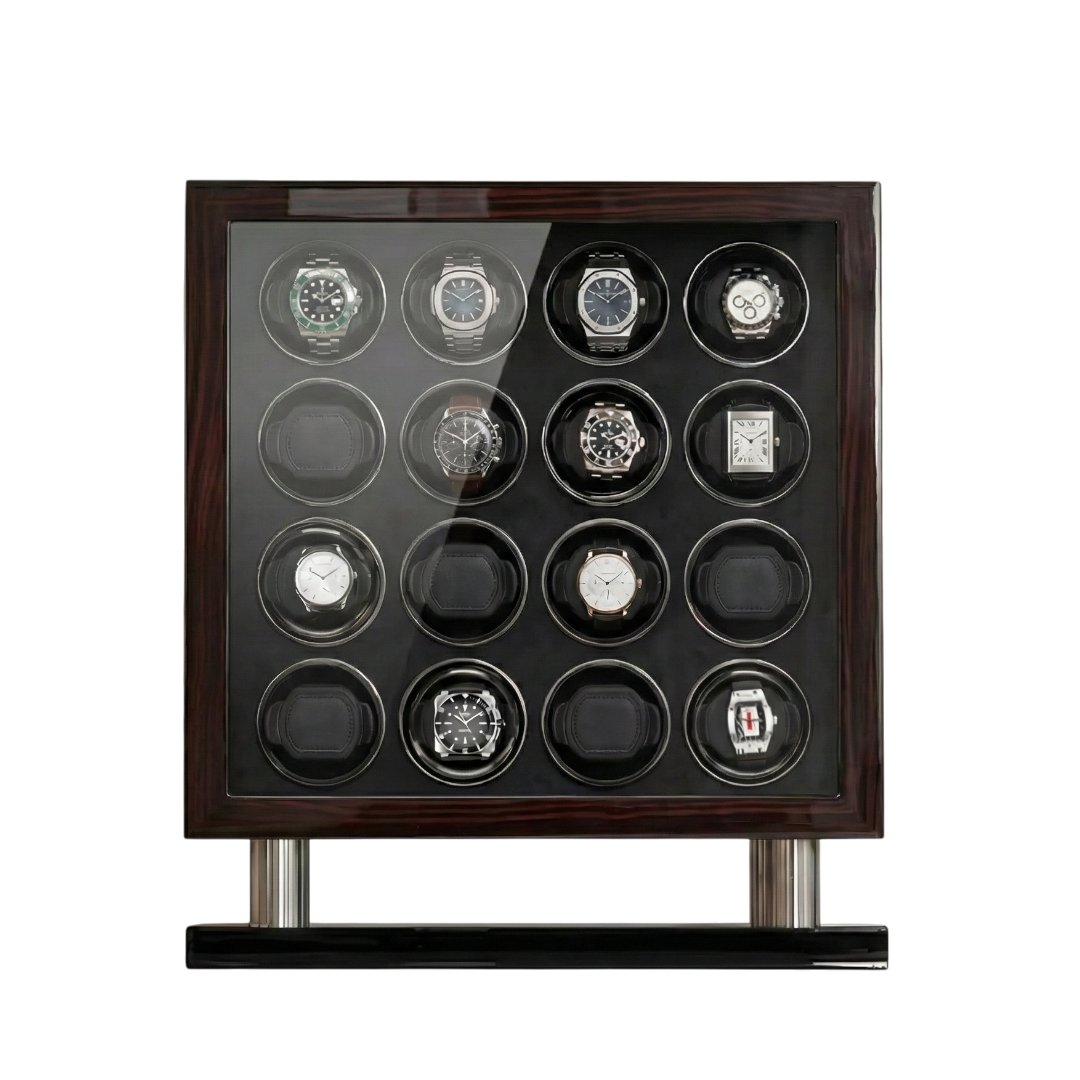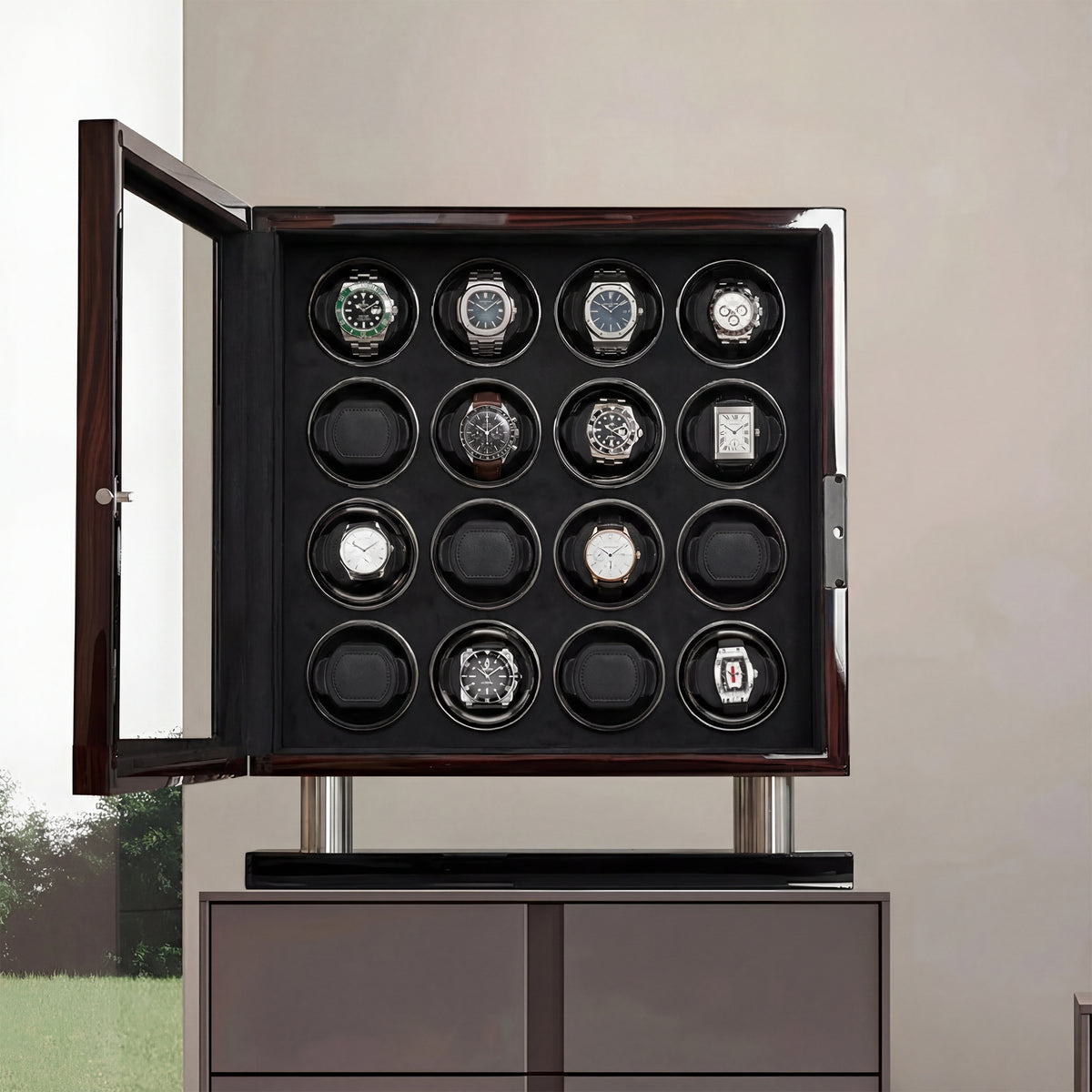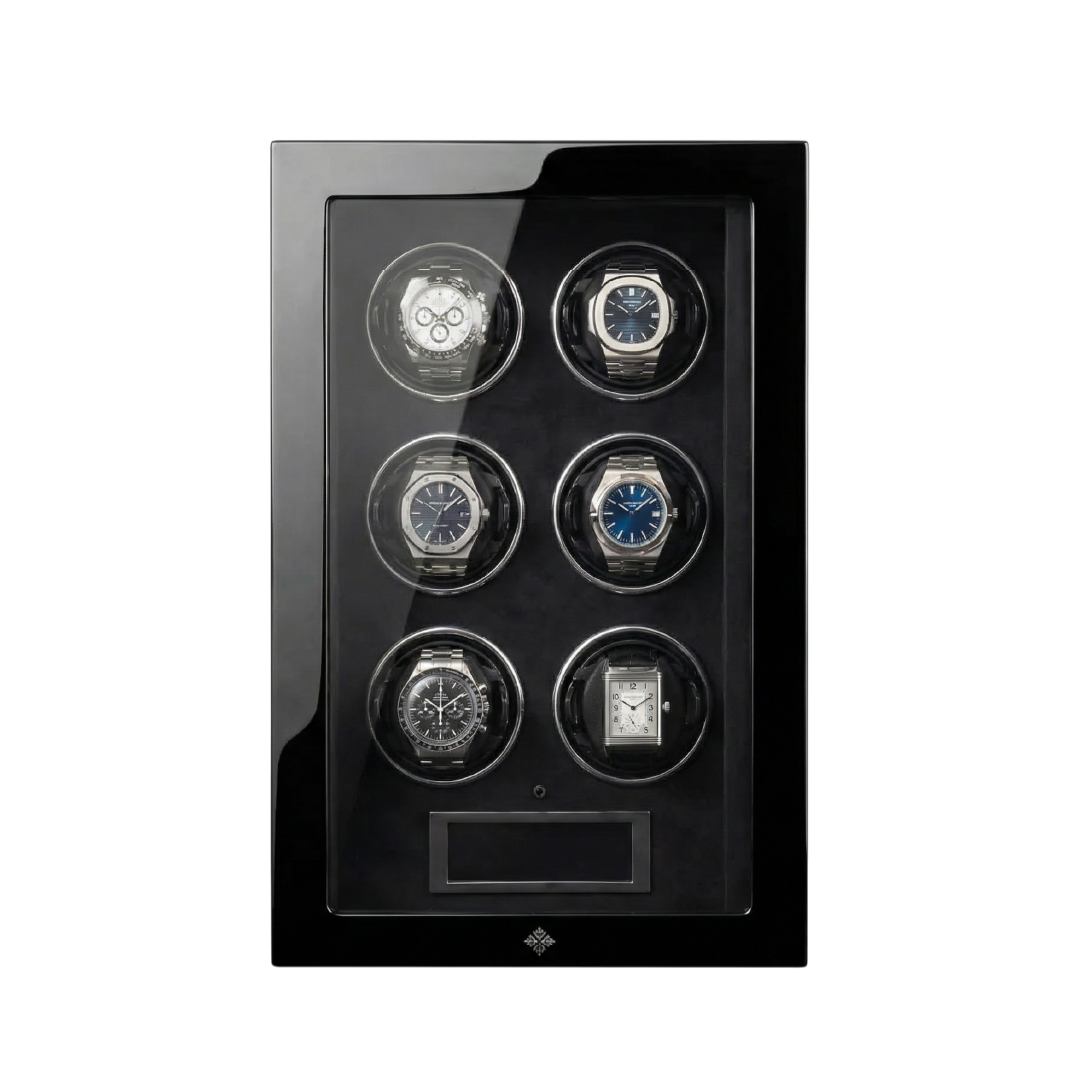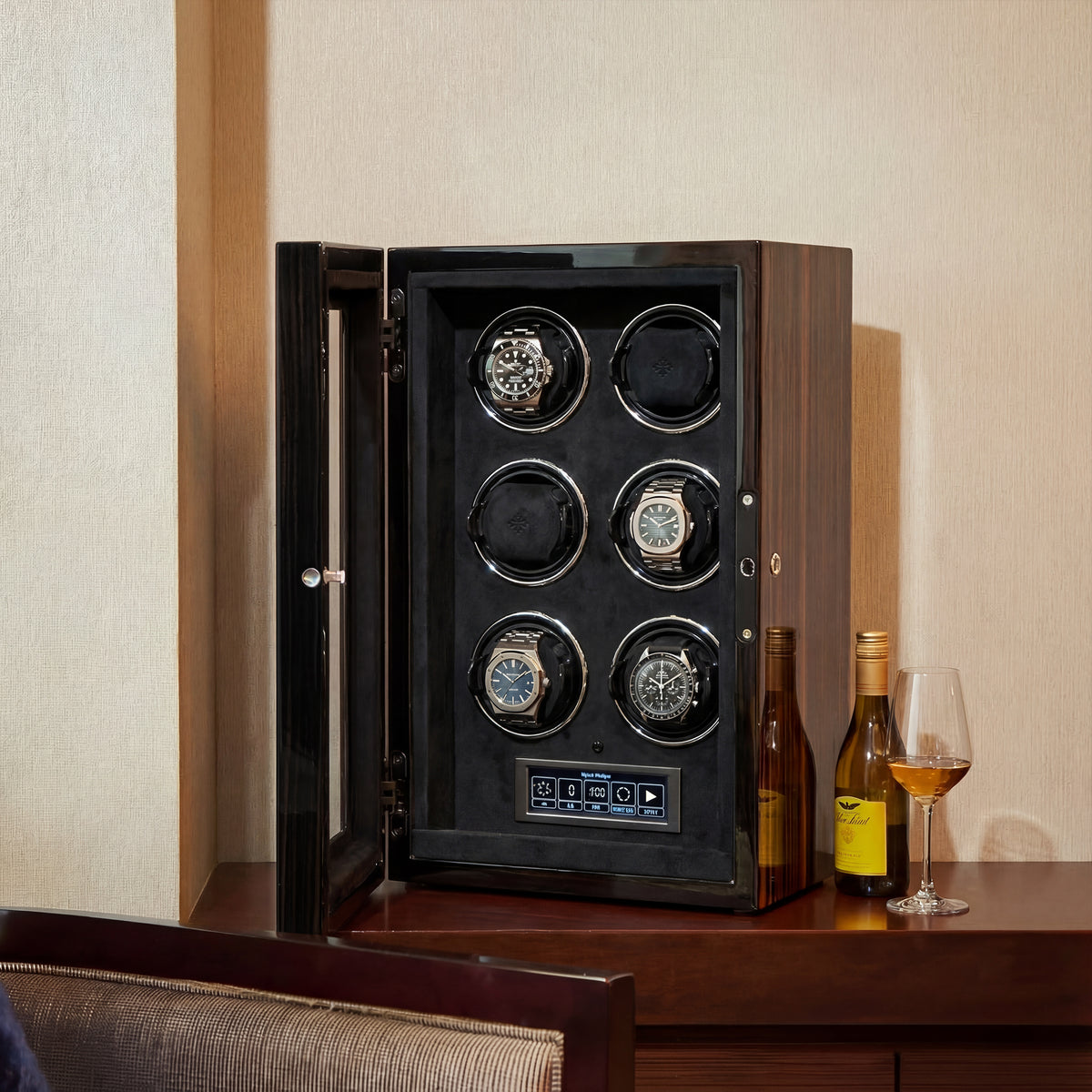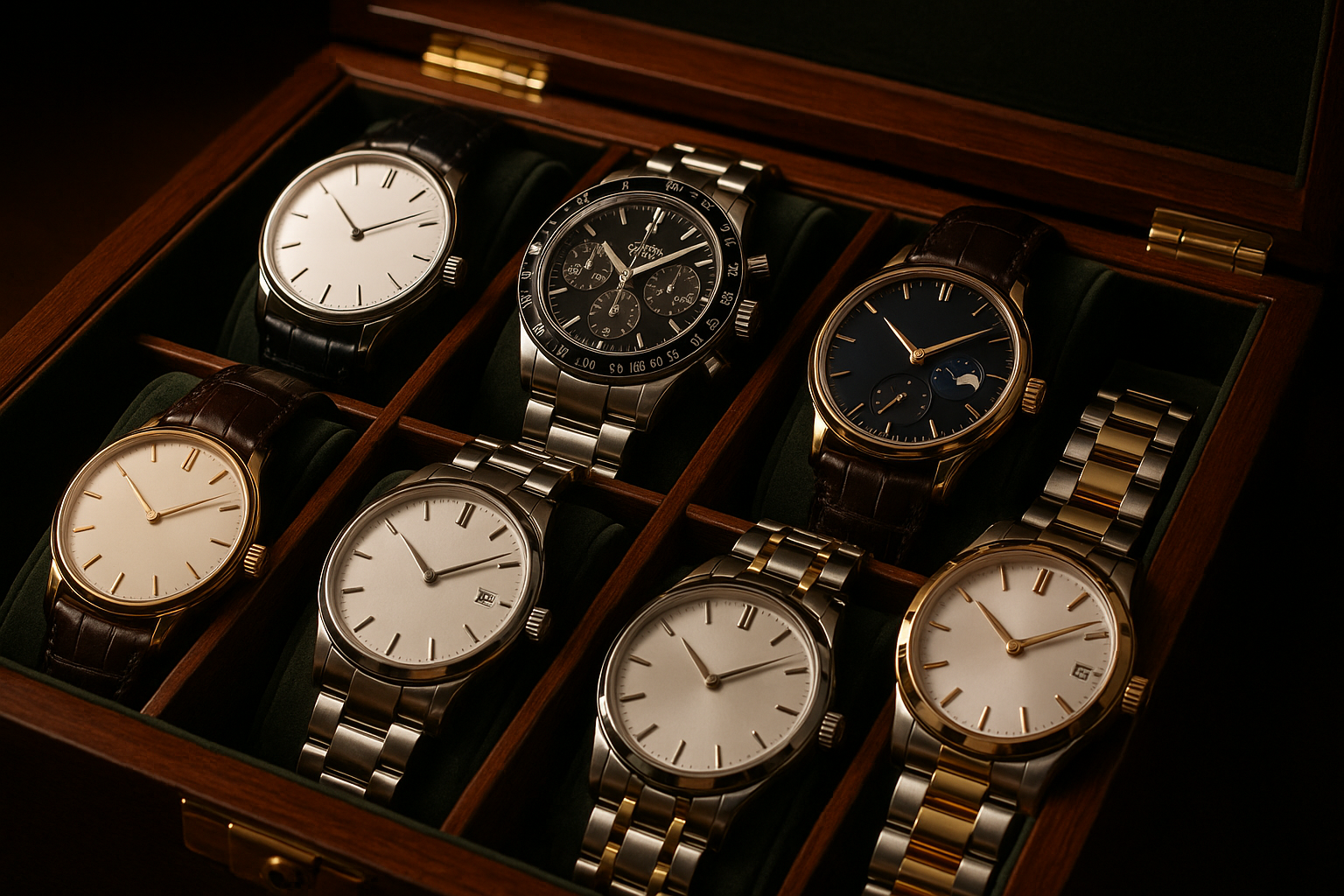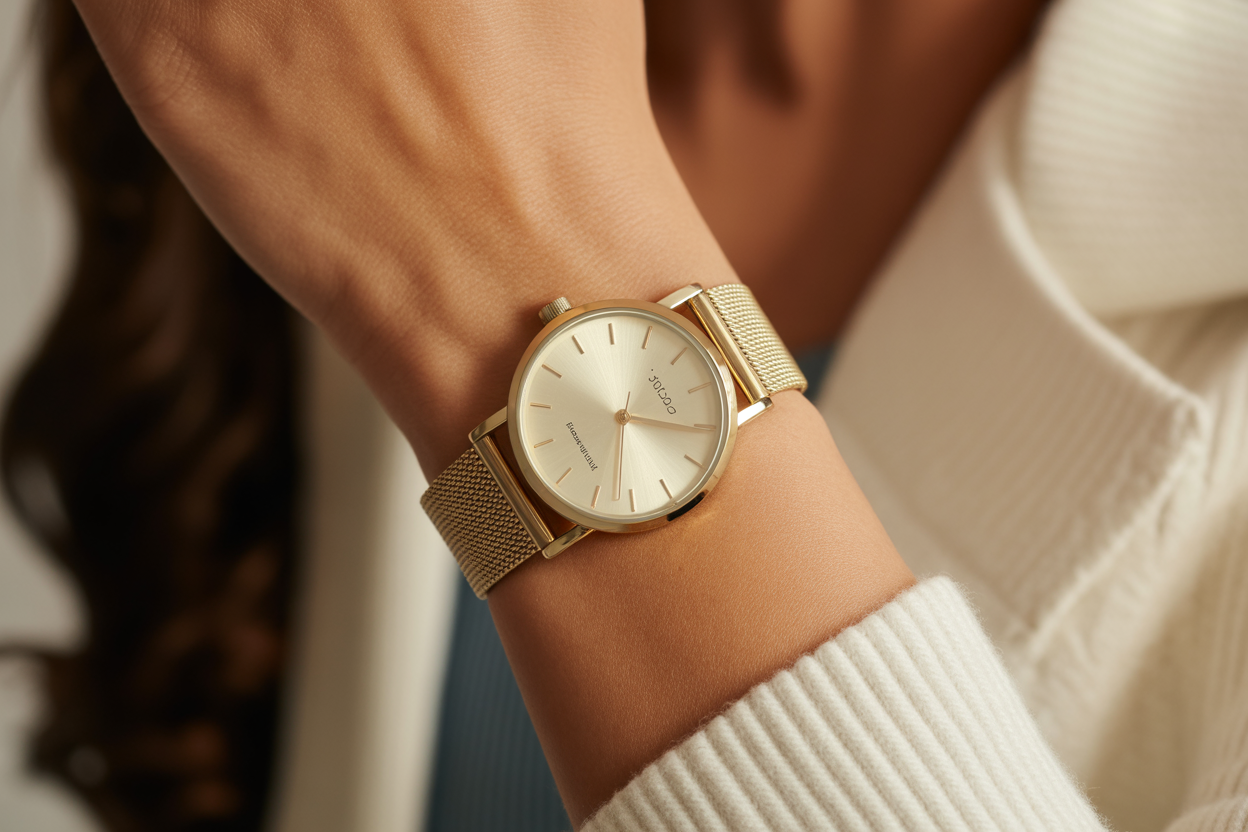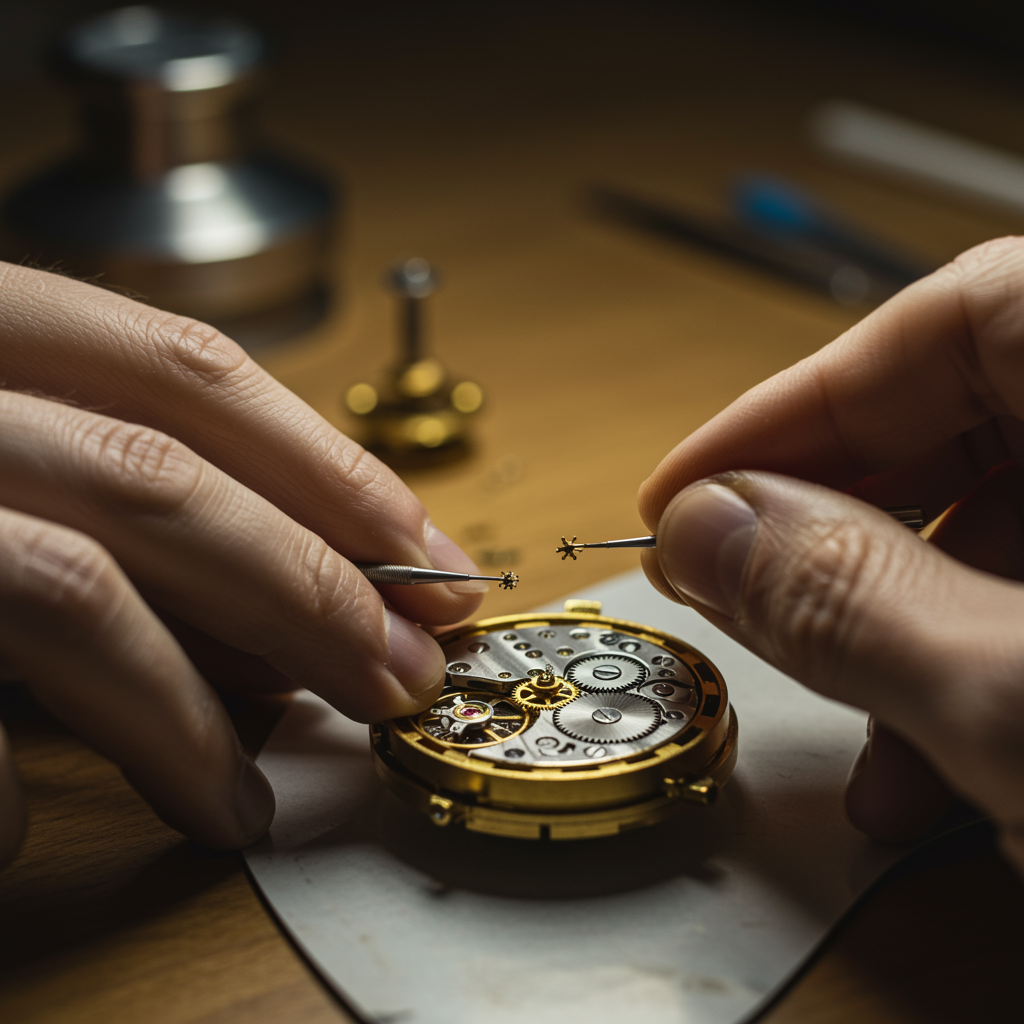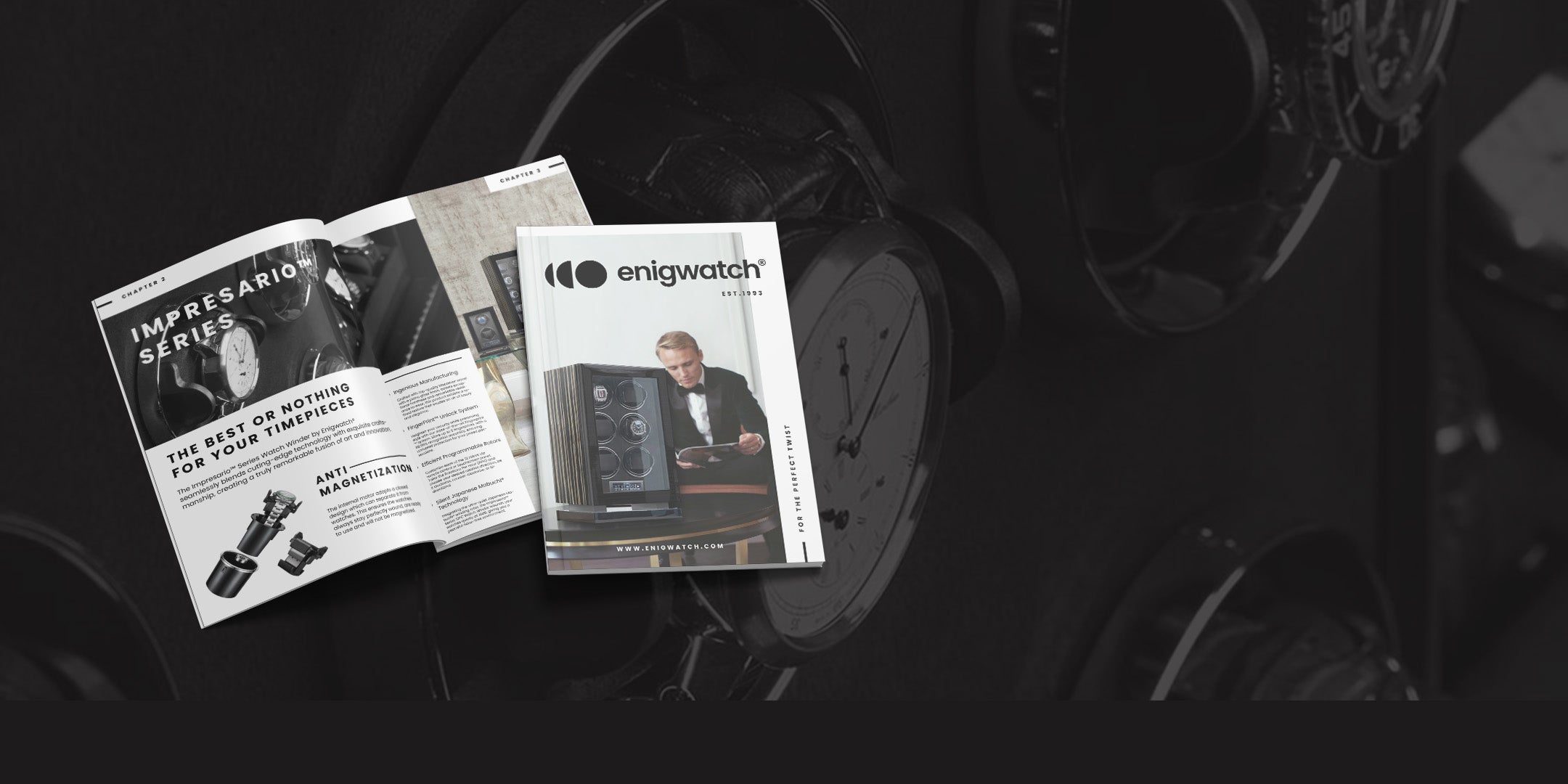When it comes to choosing a watch, you might find yourself caught in the debate of Quartz vs Mechanical Watch. Both types offer unique features and benefits, but understanding the key differences can help you make an informed decision that suits your style and needs.
Quartz watches are known for their precision and reliability, thanks to their battery-powered movements. They are often favored for their accuracy and low maintenance, making them a practical choice for many watch enthusiasts.
On the other hand, Mechanical watches charm with their intricate craftsmanship and timeless appeal. These watches rely on intricate gear systems and the mechanical movement of their parts, often requiring regular winding or automatic motion to keep ticking.
While they may require more upkeep, their traditional craftsmanship and the artistry involved in their creation make them a favorite among collectors. In this article, we’ll dive into the pros and cons of both types, explore their most fundamental differences, and help you decide which one might be the perfect addition to your collection.
Choosing Between Quartz and Mechanical Watches
When it comes to selecting the perfect watch, the debate between Quartz and Mechanical watches is one that stands the test of time. Both types offer unique features and cater to different preferences, so it’s important to understand what sets them apart before making your choice.
Whether you’re drawn to the precision of Quartz watches or the craftsmanship of Mechanical timepieces, knowing the advantages of each will help you choose the right one to suit your lifestyle and tastes. Let’s dive deeper into the specifics of each to see what they have to offer.

A Breakdown of Quartz Watches
When you’re looking for precision, Quartz watches often come to mind, and for a good reason. Quartz timepieces operate using a battery-powered quartz crystal that vibrates consistently to keep time accurate. Because of this technology, Quartz watches are known for their reliability and ease of maintenance, which makes them a top choice for those who prefer a fuss-free experience. Additionally, with Quartz, you get remarkable accuracy without needing to wind your watch, which is perfect if you lead a busy lifestyle, and you value simplicity.
Moreover, Quartz watches tend to be more affordable, which means you can enjoy luxury without breaking the bank. Many prestigious watch brands offer Quartz models that retain the same style and elegance as their mechanical counterparts.
Therefore, if you’re someone who prioritizes convenience but doesn’t want to compromise on quality, a Quartz watch might be the perfect fit for you. This can be especially appealing when you’re building a diverse watch collection that doesn’t require constant upkeep.
Another key benefit is durability. Quartz watches are often more resistant to wear and tear compared to mechanical watches. Their fewer moving parts and straightforward mechanics make them reliable companions whether you're heading to a boardroom or taking a weekend getaway. Therefore, a Quartz watch ensures you’re always on time without the constant maintenance or adjustment that mechanical watches might require.
Read More: 4 Benefits of Owning a Green Face Rolex Watch That You Never Knew

A Closer Look at Mechanical Watches
On the other hand, Mechanical watches hold a special allure that many collectors cherish. Unlike Quartz watches, mechanical timepieces rely on intricate gear systems and springs to keep time, which adds a layer of craftsmanship and artistry that’s hard to ignore. When you wear a mechanical watch, you’re not just wearing a timepiece; you’re showcasing centuries of watchmaking tradition. Which speaks volumes about your appreciation for detail and heritage.
In terms of aesthetics, mechanical watches are often seen as timeless pieces of art. The craftsmanship involved in their production, including hand-assembled movements, makes them highly valued among watch enthusiasts. These watches tend to hold their value well over time, making them not just a functional accessory, but also an investment.
Additionally, many people find the manual winding of a mechanical watch to be a satisfying ritual. This daily or weekly action creates a deeper connection between you and your timepiece, turning it into more than just a tool to tell time. If you appreciate this hands-on experience and are fascinated by the inner workings of a watch, then a mechanical watch will offer an unmatched sense of luxury and precision.
The Benefits of Quartz and Mechanical Watches

quartz vs mechanical watch each have their own unique benefits.
Quartz Watches
- Accuracy: Quartz watches are highly accurate, with even the cheapest movements being accurate to within a half second per day.
- Low Maintenance: With fewer moving parts, Quartz watches require less frequent maintenance than mechanical watches.
- Affordability: Due to the simplicity and efficiency of their electronic circuitry, Quartz watches are generally more affordable.
Mechanical Watches
- Craftsmanship: The exquisite craftsmanship involved in creating mechanical watches often makes them more valuable and appreciated by watch enthusiasts.
- Longevity: With proper care, mechanical watches can last for decades, if not centuries. Some even become family heirlooms, passed down through generations.
- Aesthetic Appeal: The smooth, sweeping motion of the second hand on a mechanical watch is visually pleasing and often considered a mark of a high-quality timepiece.
Read More: 7 Reasons Why You Should Consider Swiss Made Watches
Showcasing the Best of Quartz and Mechanical Watches
Now that we’ve explored the benefits of both quartz and mechanical watches. Let’s take a look at some of the best examples of these timepieces.
IMPRESARIO™ Series 6
The Impresario™ Series 6 Watch Winder from Enigwatch is a perfect example of a quartz watch. It features a sturdy and elegant design. With your watches basking in the glory of the Noble Ebony Macassar Wood Grain. It also boasts of a silent performance, thanks to the Japanese Mabuchi® rotor technology.
Read More: 5 Outstanding American Made Watches You Should Have!
Conclusion
In conclusion, the choice between quartz and mechanical watches boils down to personal preference and lifestyle. If you value accuracy, low maintenance, and affordability, a quartz watch might be the right choice for you. However, if you appreciate craftsmanship, longevity, and aesthetic appeal, a mechanical watch might be more up your alley. Regardless of your choice, both types of watches offer unique benefits that make them worthwhile investments.

